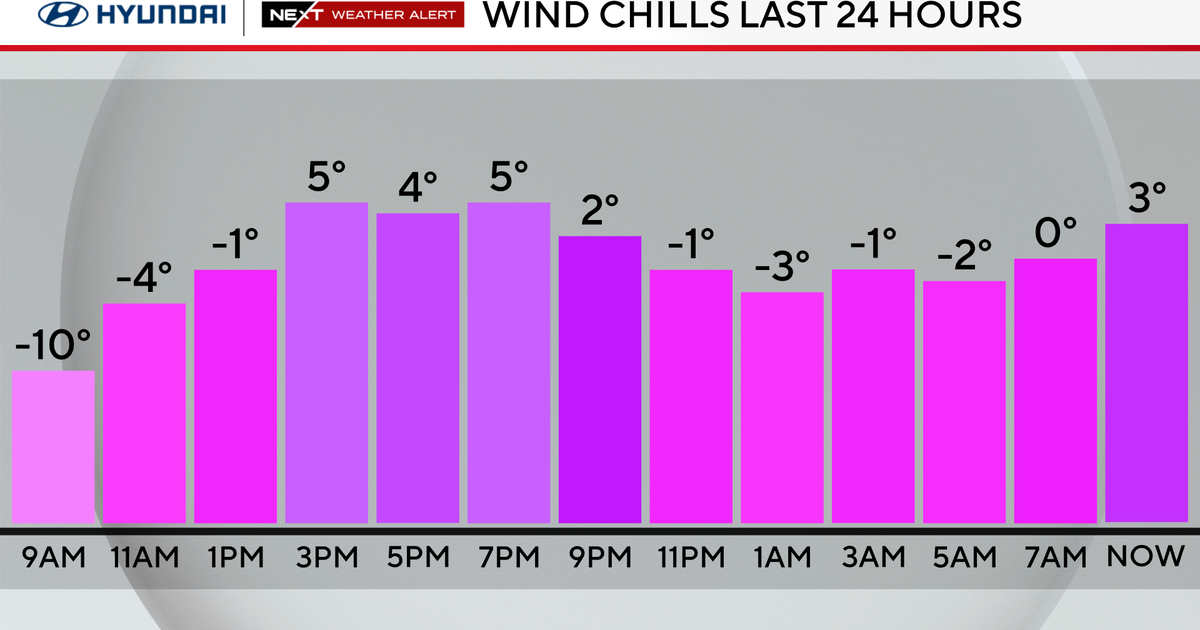Should I purchase pet insurance before winter?
When the winter weather rolls in each year, it tends to bring with it a range of potential safety hazards. Snowy weather can lead to slip-and-fall hazards, icy conditions can lead to increased risk of accidents and freezing temperatures can also cause any number of health and safety risks, too.
And, those types of hazards can be as dangerous for pets as they are for humans. So as winter approaches, pet owners may find themselves contemplating whether to invest in pet insurance to safeguard their four-legged companions.
While the decision to purchase insurance for your pet is a personal one, there are several compelling reasons to consider making the investment before the colder months set in. Below, we'll break down why it might be a wise choice for pet owners to purchase pet insurance when preparing for winter.
Explore your top pet insurance coverage options here.
Should I purchase pet insurance before winter?
There are a few reasons why you may want to consider purchasing pet insurance before winter hits, including:
Winter hazards
Winter can bring a host of hazards for pets, from icy sidewalks to toxic substances like antifreeze. Accidents and illnesses are more common during this season, making it a prudent time to ensure that your pet has comprehensive coverage. Pet insurance can help alleviate the financial burden of unexpected veterinary expenses resulting from winter-related incidents.
Get started with the right pet insurance policy here.
Cold-weather ailments
Just like humans, pets are susceptible to cold-weather ailments such as hypothermia and frostbite. These conditions may require immediate medical attention and having pet insurance can facilitate timely and necessary veterinary care without causing financial strain.
Increased indoor risks
During winter, pets tend to spend more time indoors, potentially leading to an increased risk of accidents or illnesses. From ingesting toxic holiday decorations to slipping on slippery floors, the indoor environment poses its own set of risks. Having pet insurance can provide peace of mind knowing that you're covered in the event of unexpected accidents or illnesses that may occur within the confines of your home.
Seasonal allergies
Humans can struggle with seasonal allergies and pets are not immune to environmental changes, either. Winter allergens such as mold and dust mites can trigger allergic reactions in some animals. But comprehensive pet insurance can cover the costs associated with diagnosing and treating allergies, ensuring your pet receives the care they need.
Emergency veterinary care
Winter storms and extreme weather conditions can lead to power outages and limited access to veterinary clinics. In emergency situations, having pet insurance can be invaluable, providing financial support for urgent care, surgeries or medications when access to regular veterinary services is compromised.
Preventive care coverage
Many pet insurance plans include coverage for preventive care, such as vaccinations and routine check-ups. By investing in pet insurance before winter, you can ensure that your pet receives the necessary preventive treatments to stay healthy throughout the season.
How to decide if pet insurance is the right move for you
While the winter season may prompt you to consider pet insurance, determining if it's the right choice for you requires careful consideration of your pet's needs, your financial situation and your priorities as a pet owner.
Here are some factors to weigh when deciding if pet insurance is a suitable investment for you:
- Evaluate your pet's health and breed: Consider your pet's age, breed and overall health. Certain breeds are predisposed to specific health issues and younger or older pets may have different healthcare needs. Be sure to also evaluate your pet's medical history and any pre-existing conditions, as these factors can influence the coverage and cost of a pet insurance policy.
- Assess your financial situation: Take an honest look at your budget and financial stability. Assess whether you could comfortably cover unexpected veterinary expenses out of pocket or if having insurance would provide financial relief. It may also help to consider your willingness and ability to set aside a dedicated emergency fund for your pet's healthcare needs.
- Understand policy coverage: Thoroughly review the coverage options offered by different pet insurance plans. Look for policies that provide comprehensive coverage, including accidents, illnesses, preventive care and emergency situations. Understand any exclusions, waiting periods and limitations associated with the policies you are considering.
- Compare costs and deductibles: Compare the costs of different pet insurance plans, taking into account monthly premiums, deductibles and copayments. Assess how these costs align with your budget and whether the coverage provided justifies the investment.
- Consider your pet's lifestyle: Evaluate your pet's lifestyle and activities. If your pet frequently engages in outdoor activities or faces increased risks associated with their lifestyle, insurance may offer added peace of mind. Assess whether your pet is prone to accidents or has specific needs that may require regular veterinary attention.
- Think long-term: Consider pet insurance as a long-term investment in your pet's health and well-being. While it may seem like an additional expense, it can save you money in the long run and ensure your pet receives the necessary care throughout their life.
- Read reviews and seek recommendations: Research and read reviews of different pet insurance providers. Seek recommendations from fellow pet owners, veterinarians or online communities to gain insights into the experiences of others.
- Consult with your veterinarian: Consult with your veterinarian to discuss your pet's specific needs and get recommendations on suitable insurance options. Veterinarians often have valuable insights into the healthcare requirements of different breeds and can provide guidance on choosing the right coverage.
The bottom line
While the decision to purchase pet insurance is a personal one, the winter season presents unique challenges that make it an opportune time to consider this financial safeguard for your furry friend. From protecting against winter hazards to covering unexpected veterinary expenses, pet insurance can provide the peace of mind and financial security needed to ensure your pet's well-being during the colder months. Before making a decision, though, be sure to carefully research and compare different pet insurance plans to find the one that best suits your pet's needs and your budget.




